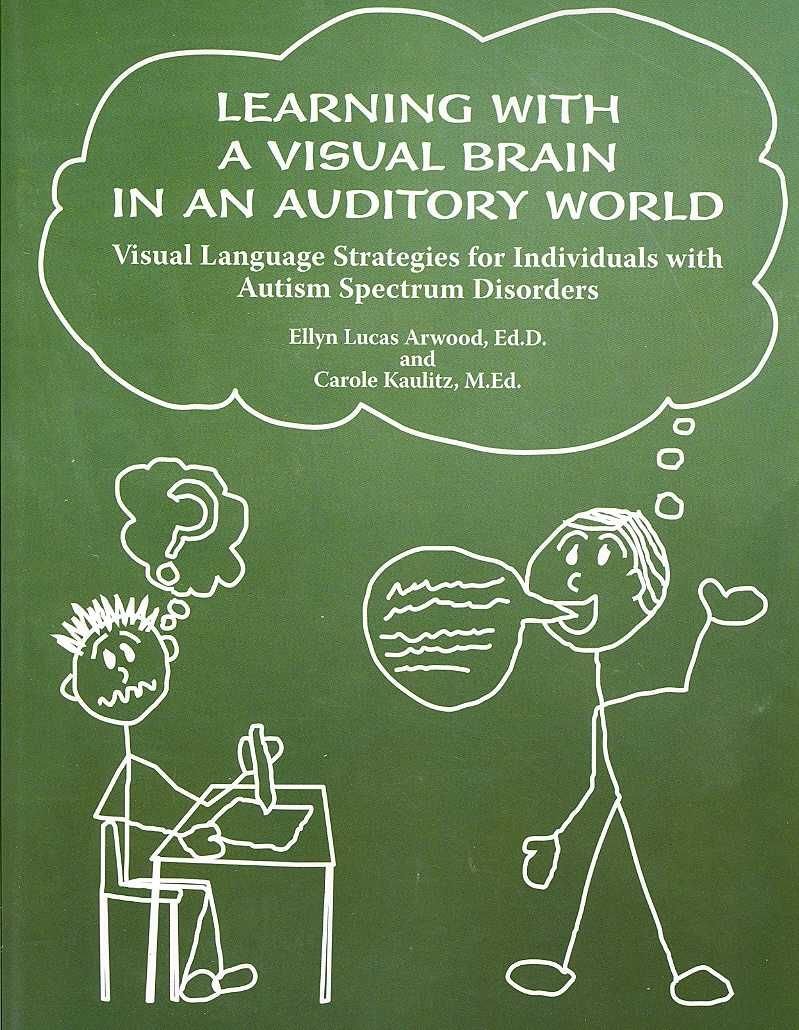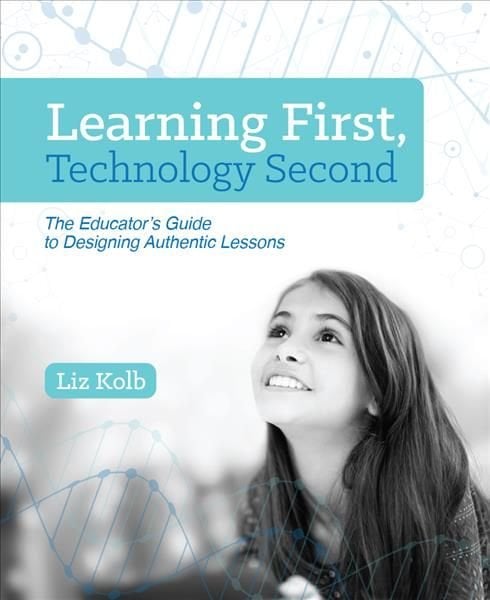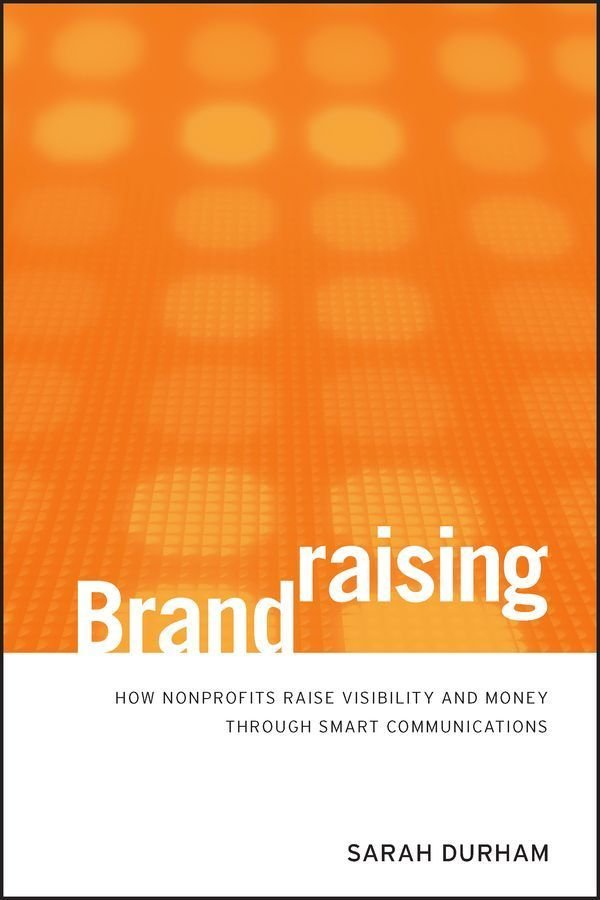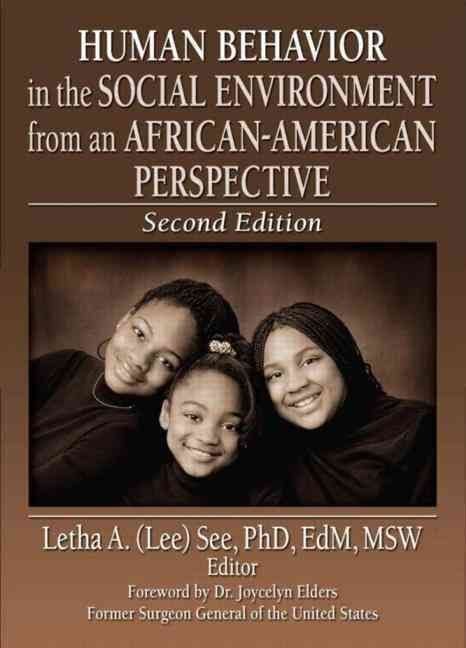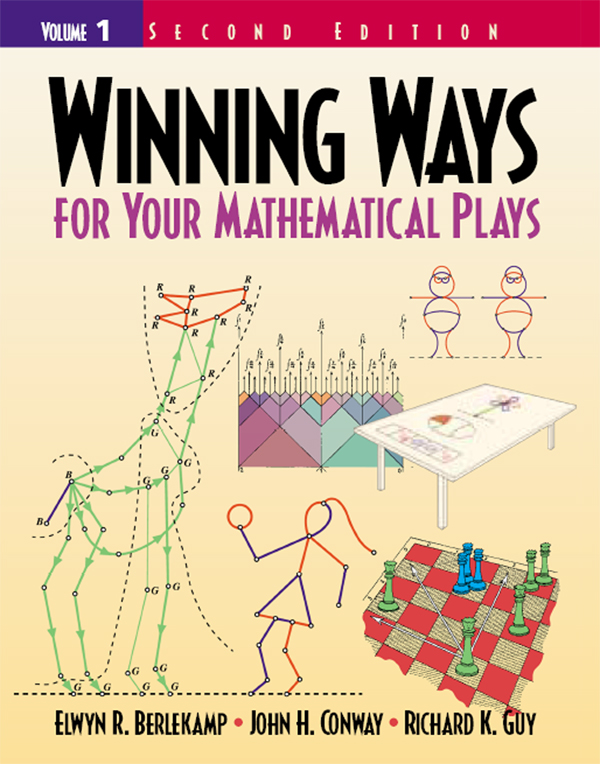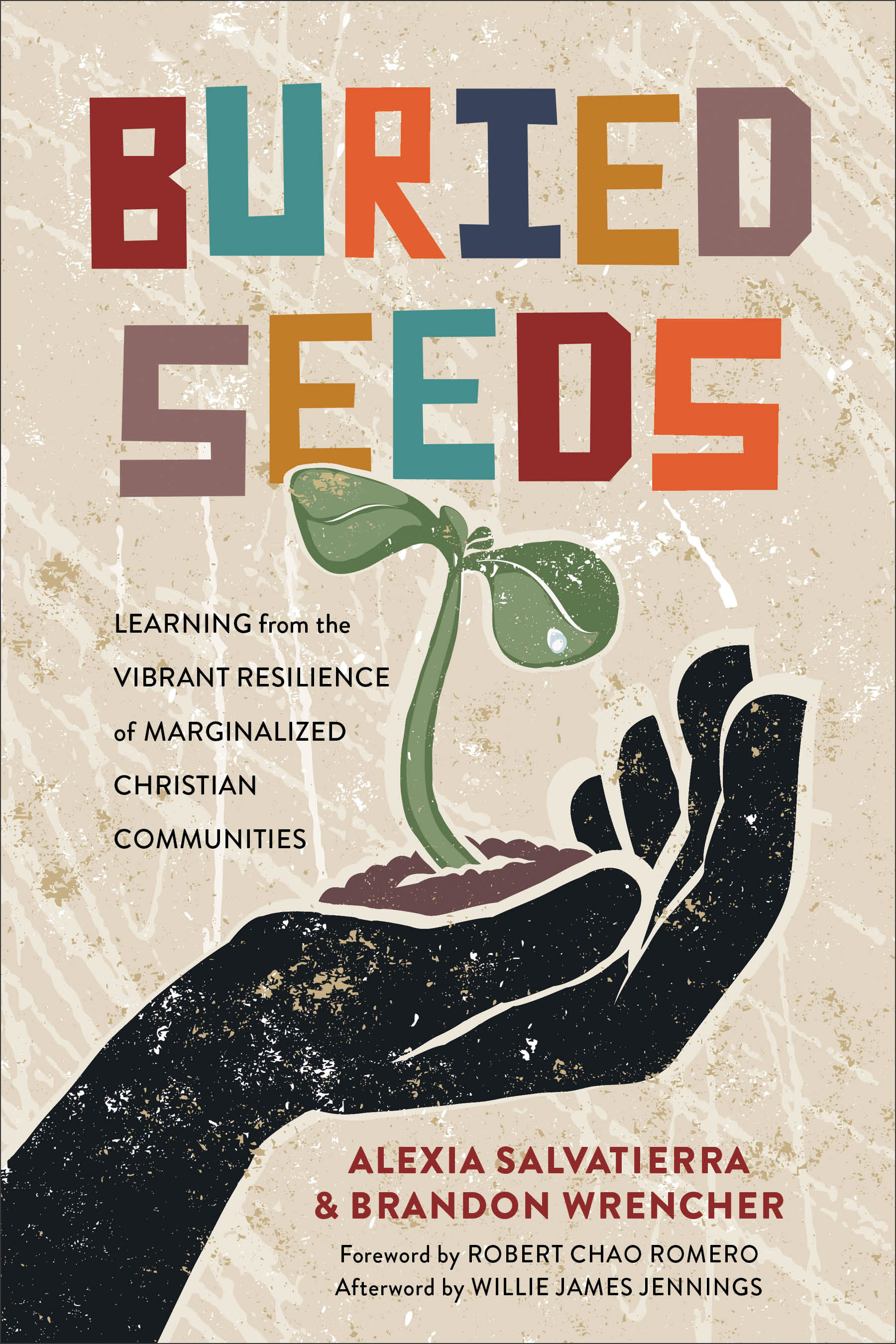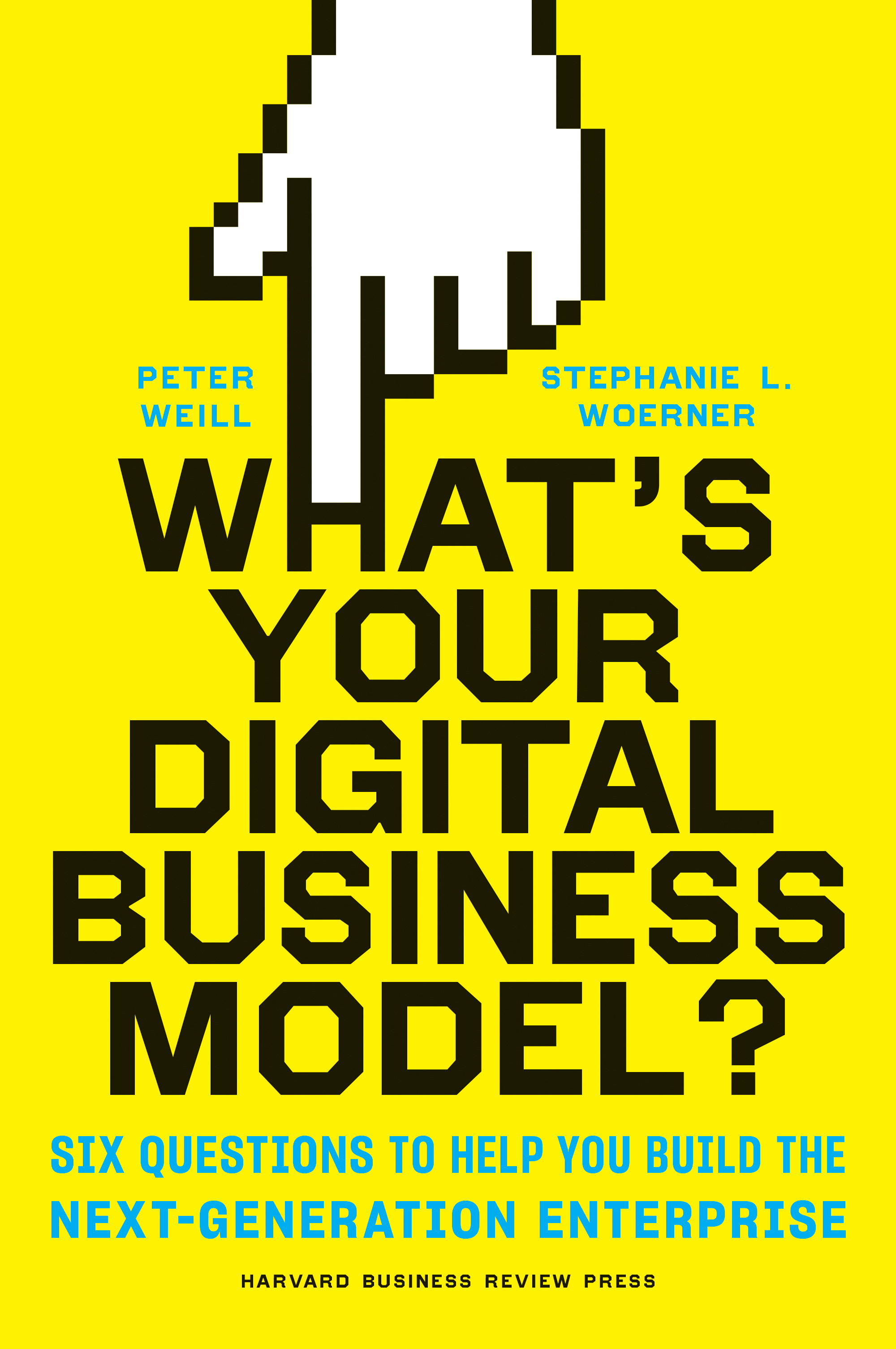Children diagnosed with an autism spectrum disorder (ASD) often present parents and educators with perplexing symptoms. Even though the skills of children with ASD can range from very high to very low, they have similar underlying learning systems. Knowledge about these learning systems helps provide direction for choosing effective assessment and intervention methods for helping individuals with ASD learn to behave, to perform academically, and to become socially competent.This book is unique in that the authors are recommending strategies based on the language of the way individuals with ASD learn. Even though many scholars recognize that individuals with ASD use “visual” ways of thinking, most fail to realize that a visual mental language is different from the visual sensory system of seeing something.The book is divided into three sections. Section One (Chapters 1-5) is about the learning system. Section Two (Chapters 6-9) connects the learning of a child with ASD to how the child performs behaviorally, academically, and socially. Finally, Section Three (Chapters 10-15) provides intervention strategies for helping a person (child or adult) with the visual brain characteristic of ASD to fit into an auditory culture.The strategies are language-based and take into consideration the complexity of the underlying biological learning system.
